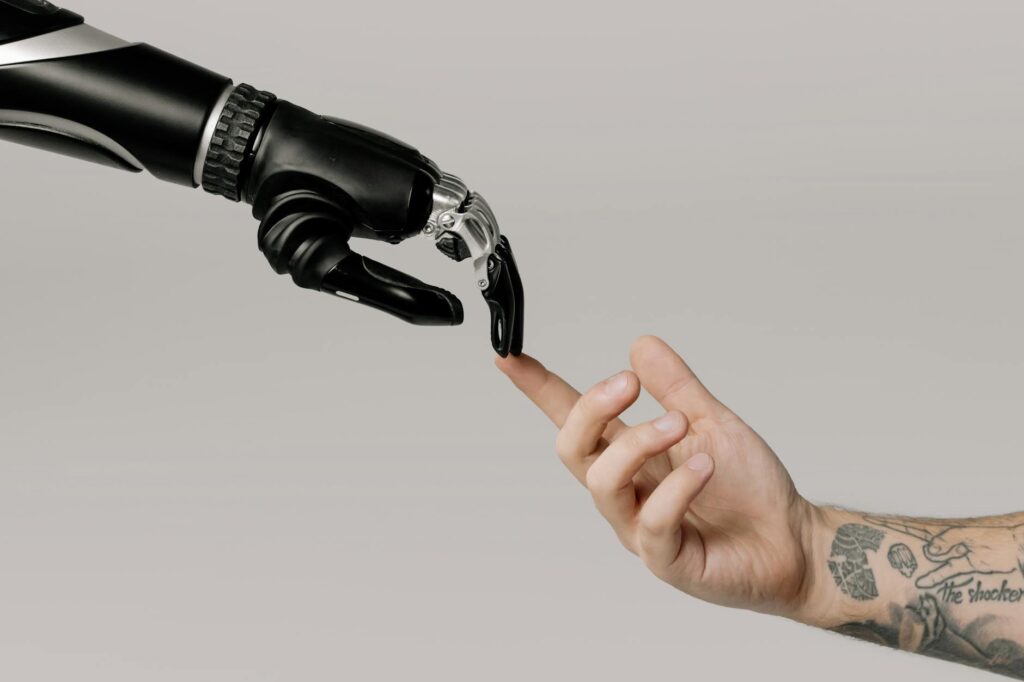The Download: Falcon 9’s future, and Big Tech’s climate goals
Technology tamfitronics
This is today’s edition ofThe Download,our weekday newsletter that provides a daily dose of what’s going on in the world of technology.
What’s next for SpaceX’s Falcon 9
SpaceX’s Falcon 9 is one of the world’s safest, most productive rockets. But a rare engine malfunction on July 11 prompted the US Federal Aviation Administration to initiate an investigation and ground all Falcon 9 flights until further notice. The incident has exposed the risks of the US aerospace industry’s heavy reliance on the rocket.
The Falcon 9 has an unusually clean safety record. It’s been launched more than 300 times since its maiden voyage in 2010 and has rarely failed. But while its malfunction might seem surprising, anomalies are to be expected when it comes to rocket engines.
What exactly went wrong last week remains a mystery. Still, experts agree the event can’t be brushed off. Read the full story.
—Sarah Ward
Companies need to stop taking the easy way out on climate goals
Corporate climate claims can be confusing—and sometimes entirely unintuitive.
Tech giants Amazon and Google both recently released news about their efforts to clean up their climate impact. Both were a mixed bag, but one bit of news in particular stood out: Google’s emissions have gone up, and the company stopped claiming to be “net zero.”
Sounds bad, right? But in fact, one might argue that Google’s apparent backslide might actually represent progress for climate action. Read our story to learn why.
—Casey Crownhart
This story is from The Spark, our weekly newsletter covering all the latest developments in climate and energy tech. Sign up to receive it in your inbox every Wednesday.
The must-reads
I’ve combed the internet to find you today’s most fun/important/scary/fascinating stories about technology.
1 Meta won’t release multimodal AI models in Europe
It’s blaming the “unpredictable nature” of the European regulatory environment. (Axios)
+ The AI Act is done. Here’s what will (and won’t) change. (MIT Technology Review)
2 Spain is dependent on an algorithm to combat gender violence
Hundreds of women who were assessed by the software have since been killed by their current or former partners. (NOW $)
3 Russia and China are stirring online dissent in the wake of Trump’s shooting
State media sites seized the opportunity to blame the Democrats for the violence. (WP $)
+ X’s AI bot Grok is failing to report the attempted assassination accurately. (WSJ $)
4 This drug extended the lifespan of lab mice by close to 25%
The animals were stronger, healthier, and developed fewer cancers, too. (BBC)
+ These scientists are working to extend the life span of pet dogs—and their owners. (MIT Technology Review)
5 Synthetic speech firm ElevenLabs wants to detect deepfakes
A new partnership with detection company Reality Defender could help it do just that. (Bloomberg $)
+ Australia’s police union is pushing for a portal to report deepfakes. (The Guardian)
6 NASA is abandoning its mission to search for water on the moon
The much-delayed Viper program is too expensive, it’s concluded. (Bloomberg $)
+ Future space food could be made from astronaut breath. (MIT Technology Review)
7 A mobile forensics firm can’t unlock many modern iPhones
In fact, its success hinges on iPhones running software that’s almost five years old. (404 Media)
8 Space-based solar power is looking increasingly viable
It could be a 24/7 source of clean power in the future. (Wired $)
+ The race to get next-generation solar technology on the market. (MIT Technology Review)
9 Antarctica is the perfect place to look for alien life
Which is even more reason to protect it from melting. (The Atlantic $)
+ Climate change is making our days longer, too. (Vox)
10 Are you auramaxxing?
Predictably, this intense form of manifesting is big on TikTok. (N.Y. Mag $)
Quote of the day
“The Blue Wall of tech is crumbling before our very eyes.”
—Ryan Selkis, CEO of crypto research firm Messari, remarks on how the traditionally left-leaning tech industry is changing its alliances to the Republicans ahead of November’s Presidential election, Vox reports.
The big story
After 25 years of hype, embryonic stem cells are still waiting for their moment

August 2023
In 1998, researchers isolated powerful stem cells from human embryos. It was a breakthrough, since these cells are the starting point for human bodies and have the capacity to turn into any other type of cell—heart cells, neurons, you name it.
National Geographic would later summarize the incredible promise: “the dream is to launch a medical revolution in which ailing organs and tissues might be repaired” with living replacements. It was the dawn of a new era. A holy grail. Pick your favorite cliché—they all got airtime.
Yet today, more than two decades later, there are no treatments on the market based on these cells. Not one. Our biotech editor Antonio Regalado set out to investigate why, and when that might change. Here’s what he discovered.
We can still have nice things
A place for comfort, fun and distraction to brighten up your day. (Got any ideas? Drop me a line or tweet ’em at me.)
+ A video game about potatoes? Perfection. ????
+ These sunflower slides are pretty amazing.
+ The Therizinosaurus was a mysterious mix of giraffe, sloth, and wolverine, and it roamed the earth for millions of years.
+ A minimal effort, no-bake lemon cheesecake is the ideal end to a summer’s meal.
Deep Dive
The Download
Stay connected
Illustration by Rose Wong
Technology tamfitronics Get the latest updates from
MIT Technology Review
Discover special offers, top stories, upcoming events, and more.
Discover more from Tamfis Nigeria Lmited
Subscribe to get the latest posts sent to your email.



 Hot Deals
Hot Deals Shopfinish
Shopfinish Shop
Shop Appliances
Appliances Babies & Kids
Babies & Kids Best Selling
Best Selling Books
Books Consumer Electronics
Consumer Electronics Furniture
Furniture Home & Kitchen
Home & Kitchen Jewelry
Jewelry Luxury & Beauty
Luxury & Beauty Shoes
Shoes Training & Certifications
Training & Certifications Wears & Clothings
Wears & Clothings
















